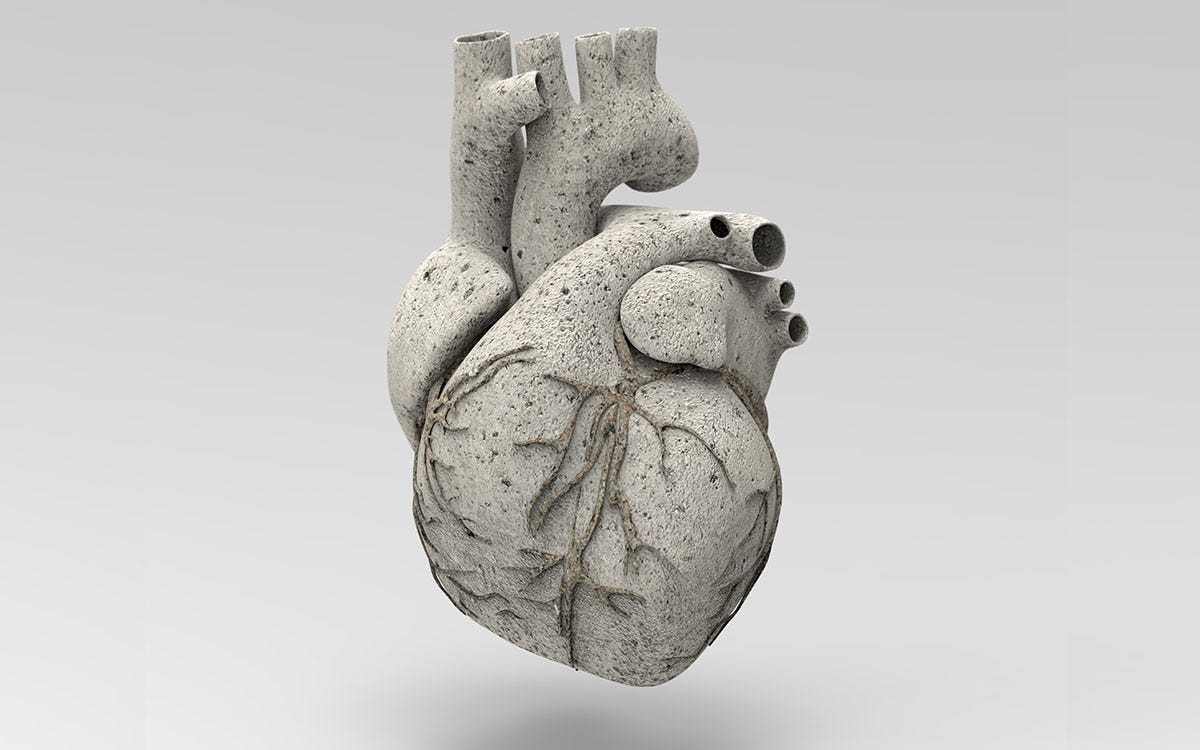your science briefing for 03.17.2025
Another revolutionary leap for artificial hearts, how long it really takes to get over your exes, how regular blood donations could lower your cancer risk, and more...
As many as 17 people a day die waiting for an organ transplant, and even if there is a willing or available donor, there are legalities, logistics, and medical limitations which often complicate an already difficult surgery. This is why we’re trying to grow organs using stem cells, genetically engineer organs from pigs, and build artificial ones. The most complicated organ to replace is the heart, but we seem to be getting closer as an Australian man survived 105 days using a brand new titanium heart while waiting for a donor… (ScienceAlert)
If you’re having trouble getting over an ex, you’re not alone or necessarily hung up on the past. According to a new study, it takes you about four years to just think of them fondly, and up to eight years to completely let them go, although some subject took even longer than that. Eventually, everyone does get over their ex and moves on, but when it comes to messy breakups, don’t expect the emotional bonds to dissolve after a few weeks of drinking and going out… (Psychology Today)
In a promising medical leap, scientists identified how a mutation in the protein PINK1 is responsible for the onset and progression of Parkinson’s disease. The fact that this protein was the problem isn’t news. The actual breakthrough is in figuring out the way it attaches to the mitochondria with a cryo-electron microscope which clearly showed the problematic folds. While this doesn’t exactly tell us how to cure the disease, it will give investigators more precise targets for new treatments… (New Atlas)
If you identify as male and interact with content about stereotypical male interests like a video about supercars, read a review of a new scotch, or a “dating hack” guide, your timeline will suddenly be flooded with links to and ads for right wing content. Did you check out an obscure online scandal because the thumbnail was bizarre enough for a click? Same. Why? Because thanks to algorithmic boosting and deep-pockets of big donors, and despite incessant claims of being outsiders shunned by the mainstream, a well-organized right wing media ecosystem utterly dominates the internet on every single topic, making it impossible to avoid… (Media Matters)
Are you a frequent blood donor and pride yourself for showing up at the Bloodmobile at every opportunity? Not only are you saving lives by providing much needed blood for surgeries and emergencies, you may actually be doing yourself a favor. Turns out that regular donations boost your odds of developing mutations in the DNMT3A gene. This mutation is associated with more efficient red blood cell production and cancer suppression. The hypothesis is that having to recover your blood supply on a regular basis forces your blood cells to work harder in beneficial ways… (New Scientist)
![[ world of weird things ]](https://substackcdn.com/image/fetch/$s_!V-uR!,w_80,h_80,c_fill,f_auto,q_auto:good,fl_progressive:steep,g_auto/https%3A%2F%2Fsubstack-post-media.s3.amazonaws.com%2Fpublic%2Fimages%2F93728edf-9a13-4b2b-9a33-3ef171b5c8d8_600x600.png)

